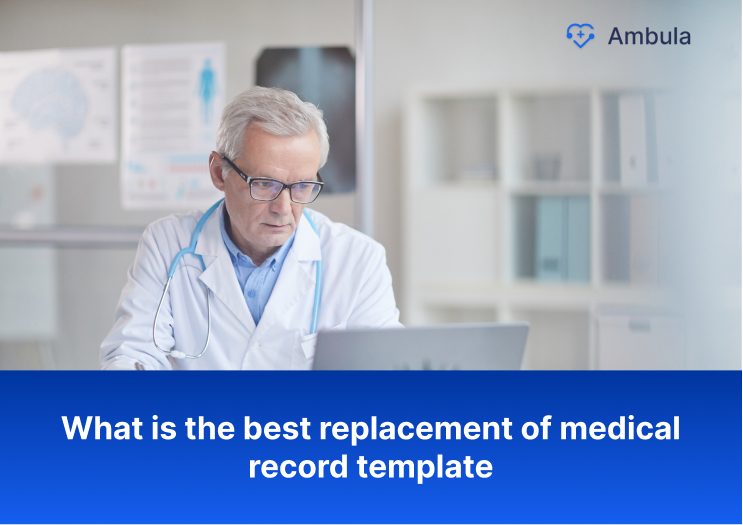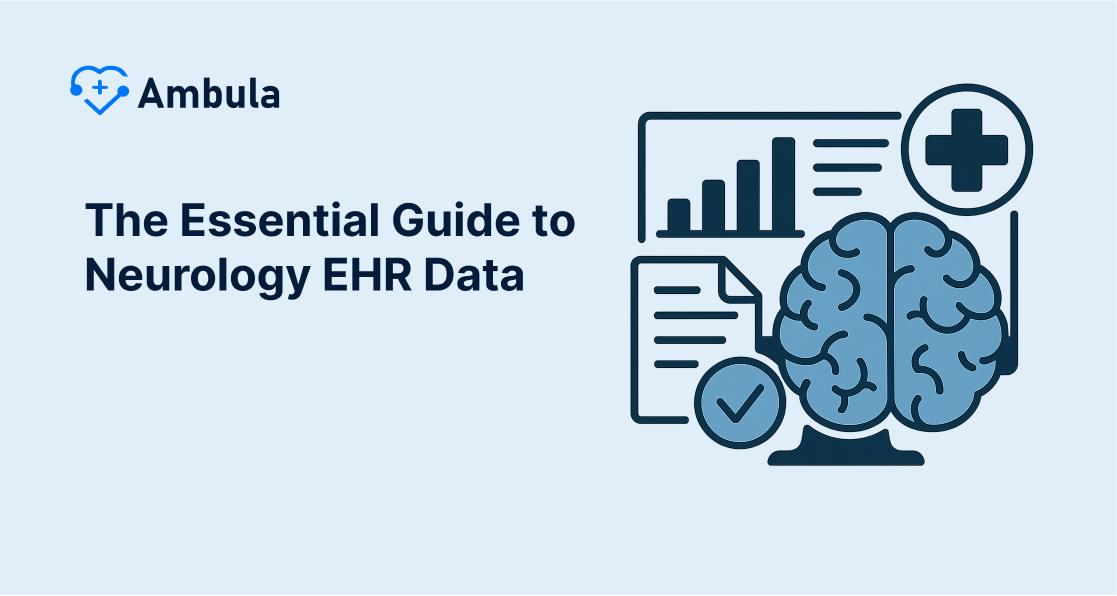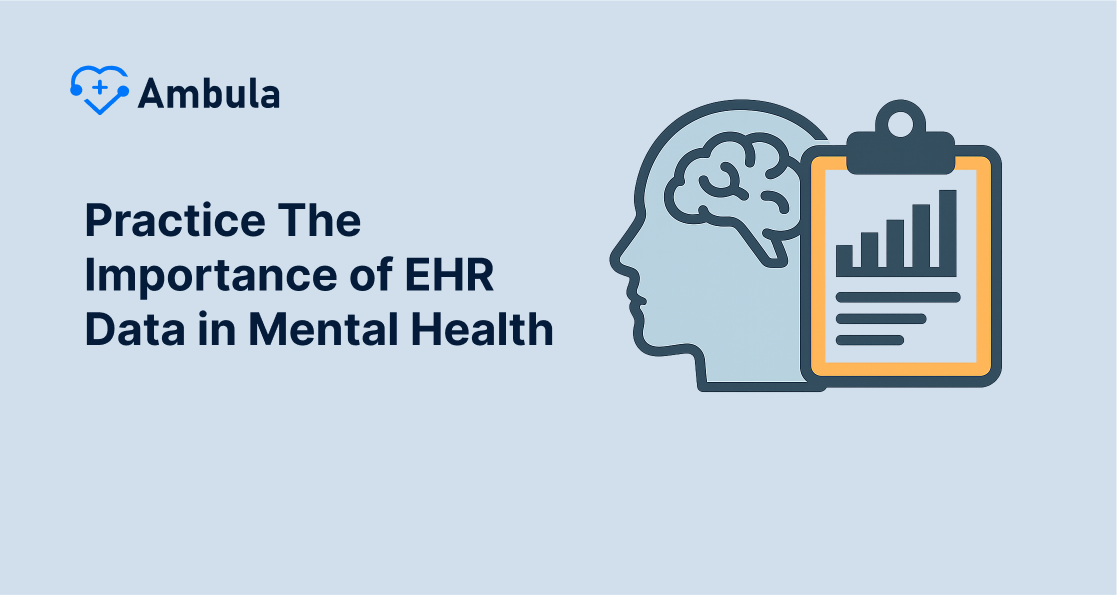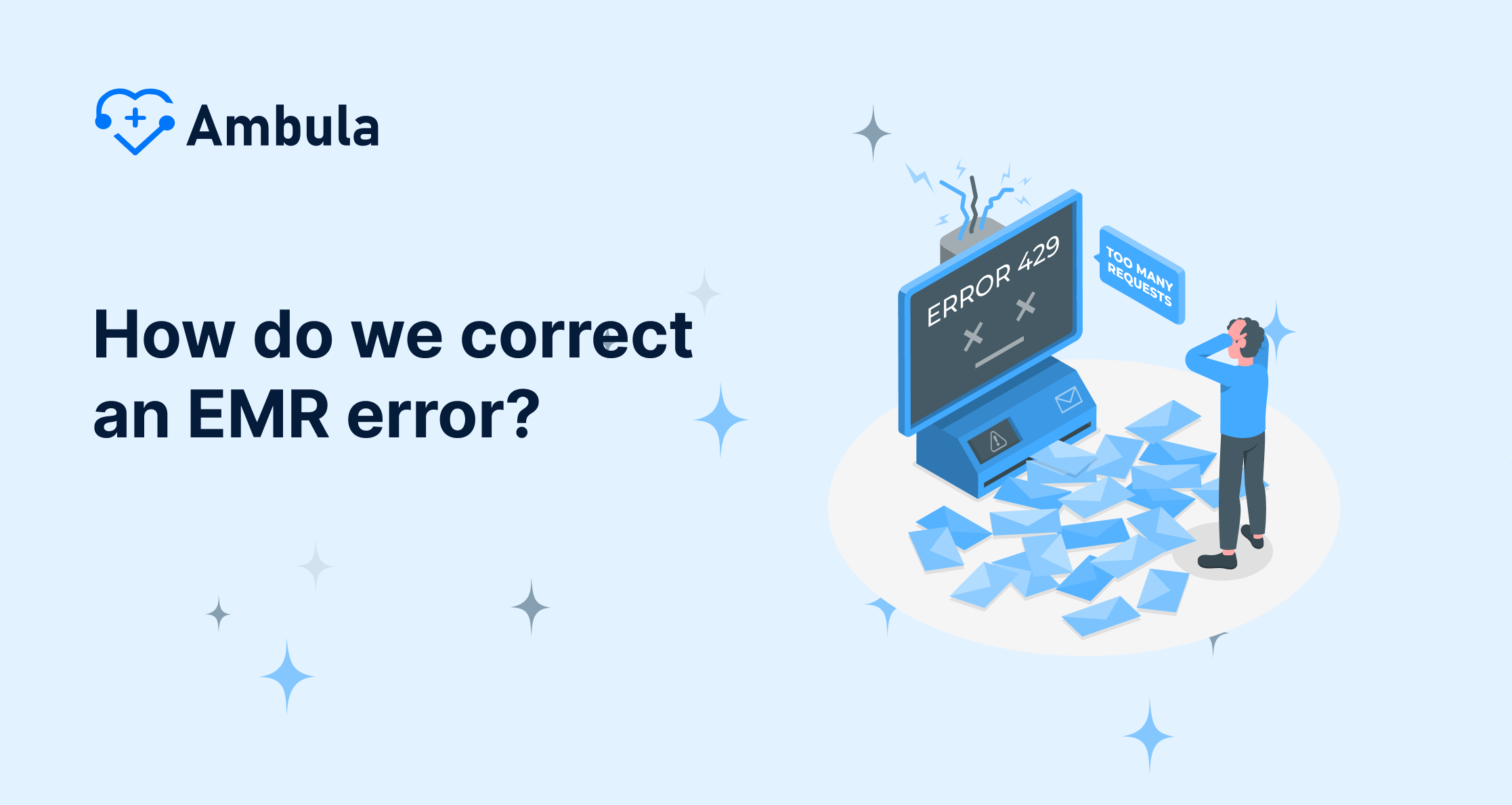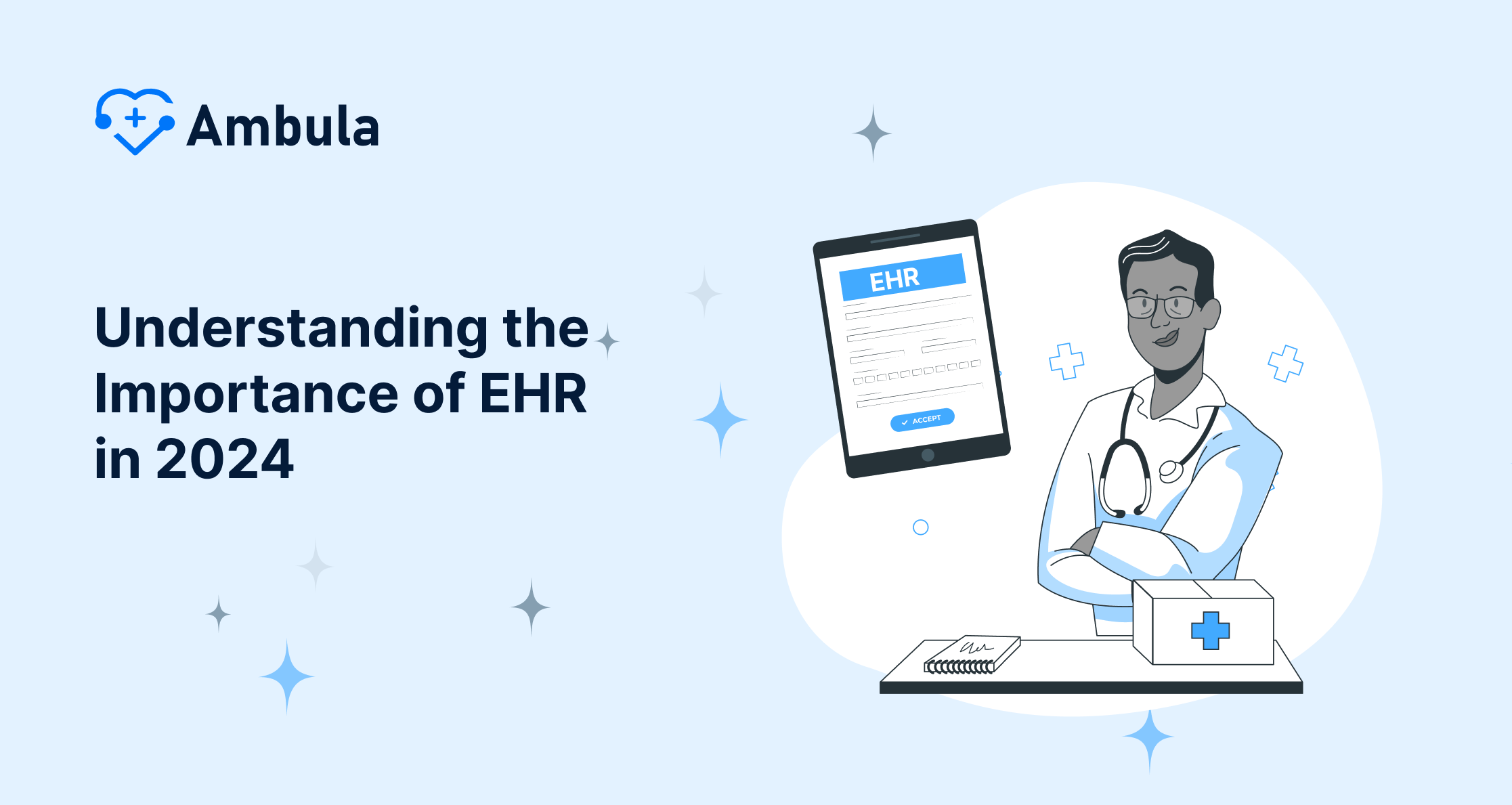What is a medical record template?
A medical record template is a tool healthcare professionals use to record and store patient medical information. It’s a comprehensive document that includes a patient’s medical history, diagnosis, treatments, medications, lab results, and other relevant information. This template ensures accuracy and consistency in collecting and maintaining patient medical records, making sharing information with other healthcare providers easier. By using a medical record template, healthcare providers can ensure that all necessary information is collected and stored in an organized fashion.
Potential risks of using generic medical templates
Using a paper medical record template has many downsides when providing patient care and documenting medical information. Medical records should be tailored to each patient and reflect the most current standards and guidelines for care. Furthermore, templates may only account for necessary details and nuances of a patient’s medical history, meaning critical information could be omitted. Finally, many medical record templates must comply with the latest regulations and guidelines, suggesting their use could result in legal and financial repercussions.
Disadvantage of paper medical record template:
1. Limited Customization: Medical record templates are usually pre-formatted and may offer more customization than a medical practice desires.
2. Lack of Integration: Medical record templates may not integrate with other software applications used in medical practice. This may require manual data entry, which can be time-consuming and inefficient.
3. Security Risks: Medical record templates may offer a different level of security than an online system or software application. This can increase the risk of patient information being accessed without authorization.
What is the best replacement for a paper medical record template?
The best replacement for a medical record template is an electronic health record (EHR) system. An EHR system provides a secure, centralized repository for all patient data, including demographics, test results, medications, and other important health information. EHR can also track and manage patient care, streamline clinical processes, and improve communication between providers, patients, and other stakeholders.
Advanced features of ehr systems
1. Automated tools for clinical decision support: Advanced EHR systems provide automated mechanisms for clinical decision support. These tools can provide clinicians with evidence-based guidance, helping them make informed decisions about diagnosis and treatment.
2. Tools for population health management: Advanced EHR systems include tools for population health management. These tools can help providers identify and manage population group risks, improve care quality, and reduce costs.
3. Real-time data access: Advanced EHR systems allow for real-time access to data, enabling clinicians to access patient records and make informed decisions quickly.
4. Interoperability: Advanced EHR systems are interoperable, meaning they can exchange data with other systems and applications. This allows for improved data sharing and collaboration among providers and organizations.
5. Advanced analytics: Advanced EHR systems offer advanced analytics capabilities. This enables providers to leverage data to gain insights into patient care, optimize workflow, and improve outcomes.
Conclusion
In conclusion, medical record templates are no longer recommended in 2023 due to the potential risks and lack of customization. The best replacement for a medical record template is an electronic health record (EHR) system. An EHR system provides a secure, centralized repository for all patient data. It offers a range of advanced features, such as automated tools for clinical decision support, tools for population health management, real-time data access, interoperability, and advanced analytics. These features make EHRs an ideal tool for healthcare providers in 2023.

